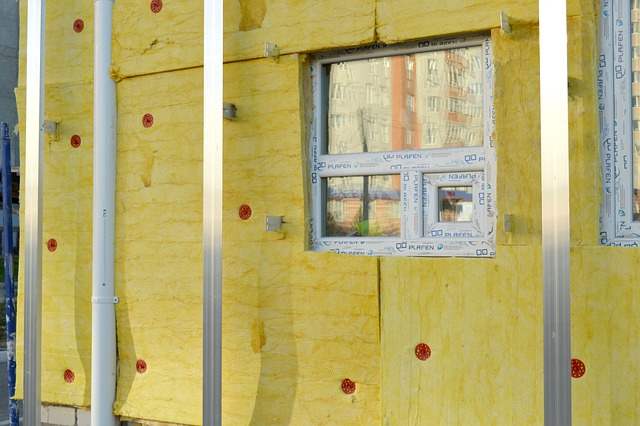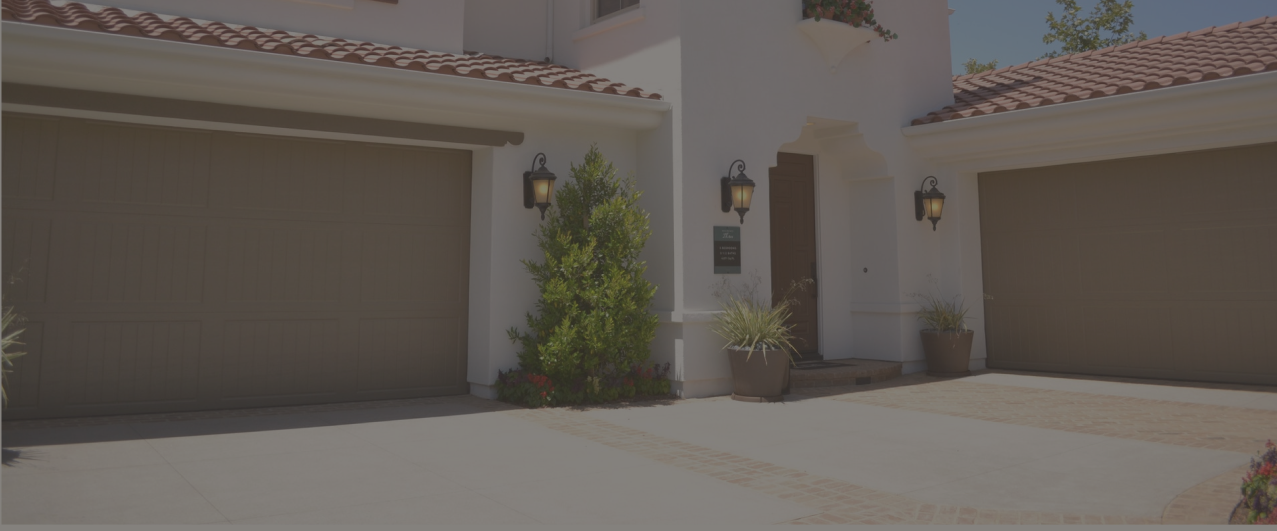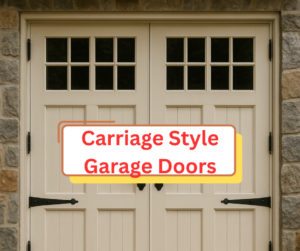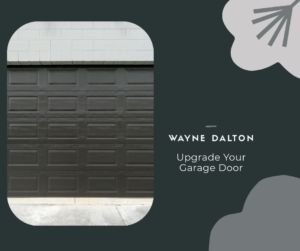Make Your Garage Door Energy Efficiency
Energy efficiencies are the use of lower amounts of energy in performing the same tasks or generating the same results. Energy-efficient homes are more efficient with heat-cooling, operation of appliances and electronic equipment, and energy-efficient factories use less power in producing goods. Energy saver technologies have become the most economical means of fighting environmental damage by reducing energy use and improving the competitiveness of U.S. businesses using renewable energy. In addition, efficiency in energy production will be crucial to reducing CO2-induced carbon dioxide emissions in the future. Look at energy-efficient products to learn more about savings on energy costs.
Environmental Benefits Reducing energy use is essential in the fight against climate change, because traditional power plants burn fossil fuels that release greenhouse gases and contribute to air pollution. Energy-efficient homes and buildings are also better equipped to switch to renewable energy, which does not produce harmful emissions.
Energy efficiency helps address energy equity by reducing monthly energy bills, energy efficiency can lessen the strain of paying for energy, especially for families with high energy burdens – meaning a larger percentage of their income goes to paying energy bills than the average household. using less energy would save money.
Awesome Garage Door Modifications
When thinking of construction, your garage is not necessarily your first choice for home improvement projects. But they are prime candidates for change. It is the largest component of your home, both in living and exterior appearance. An upgrade or replacement of garage doors can improve the appearance of the home and enhance your lifestyle. This is the easiest way. is that right?

Which garage insulation is right for your home?
Insulation in your garage is typically the same insulation in your house used to open air gaps and decrease the temperature of the air in the room and the cold air leaving it. The insulation will also work for garages, especially for the heating of the space. Usually, insulation can be better in garages depending on the finish and the size of the room. You can also consider insulation for the garage door, which is different from the walls and ceiling.
Is it worth insulating a garage?
Most garages are not fully or even at all insulated. It can be affected by climate change. meaning – it can be too cold during the winter and very hot in the summer. Whether you want to set up a home gym in your garage, an office space, or a living space – it is important to have it insulated. Good insulation for garages is an excellent energy savings measure, and the benefit goes beyond that. Homeowners feel free and comfortable in the area whether they have appliances in their garage or not.

Basic Types of Garage Insulation
Fiberglass is the most commonly used type of insulation; it is inexpensive and easy to handle.
Cellulose is used for cavities and holes; it is environmentally friendly and fire-resistant.
Rigid Foam is good for thin walls and garage doors, it is affordable and reduces noise.
Spray Foam is a high-end and energy-efficient airtight, mold- and insect-resistant However it is expensive and best installed by professionals.
Garage Door Comes in kits for standard door sizes, and adds durability, stability, and noise reduction.
First step is to find figure out if the walls or windows are insulated. There are cost-effective ways to consider a garage insulation. Always good to consult with a professional who understand how and what needs to be checked.
What type of insulation is best for a garage?
Typically, insulation with R values from R13 up to R21 should be considered. Insulating exterior walls (especially garage walls in living rooms) can improve R-value and create an efficient thermal boundary. The R-value of insulation in your garage will be greater.
Rigid Foam Insulation
The ideal material to cover thin wall surfaces / Garages. Rigid foam is sold as a 4-x8-foot sheet and is 1/2-inch thick and 4-inch thick. Typical materials include expanded polystyrene (like Styrofoam), extruded polystyrene, and polyisocyanurate. Rigid plastics offer an excellent R-value for every inch of thickness and can withstand almost any application. This is an excellent option to thin walls and insulated garage doors.
Pros. High R-value good noise reduction affordable solution
Cons. Installation is difficult around wiring and pipe. Insects and pests will enter the living space through the tunnels. Isolation with a reflective radiant barrier coating on top was incredibly cheap and incredibly durable. This is the cheapest way to insulate a garage.
Call Us at Pure Garage Door Services Today!






